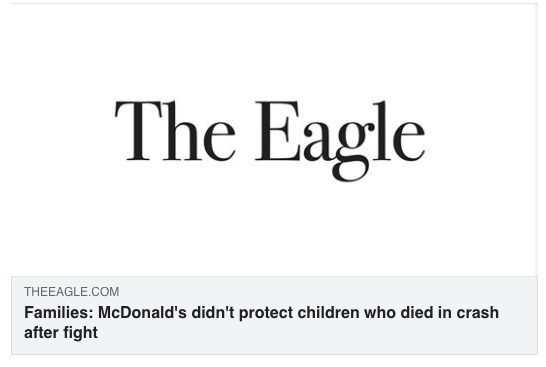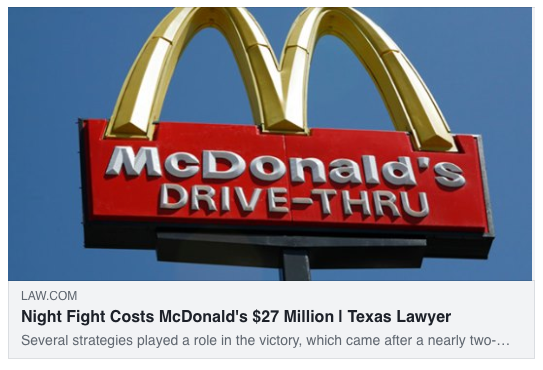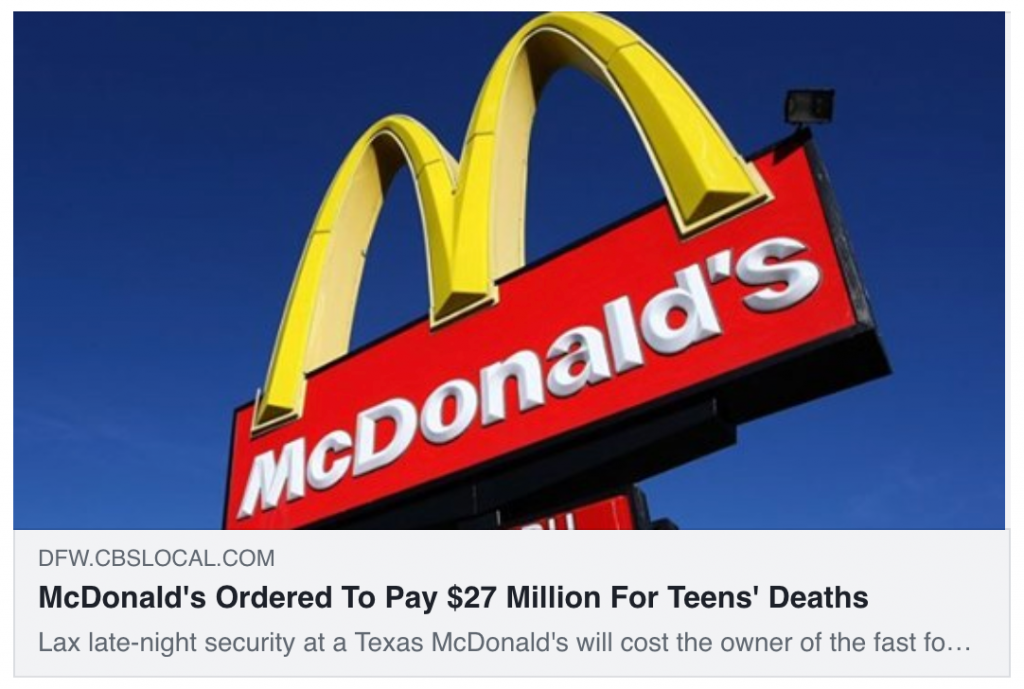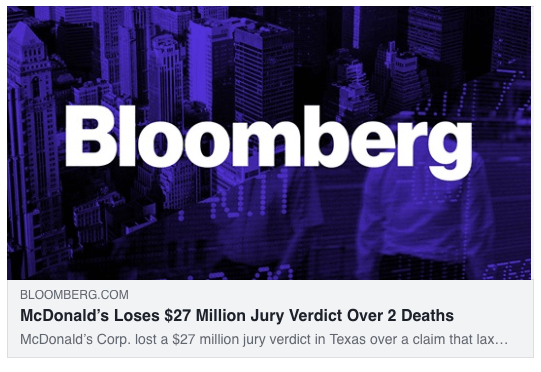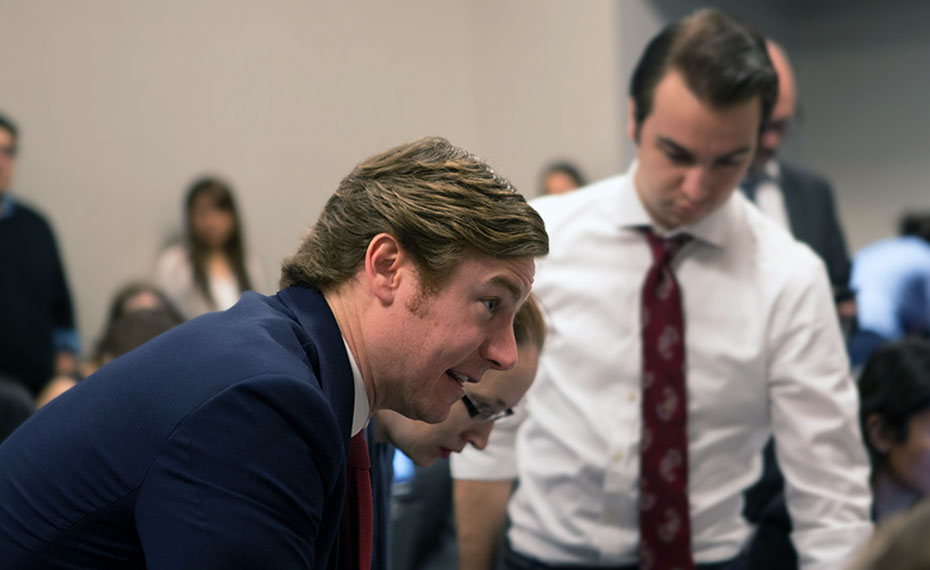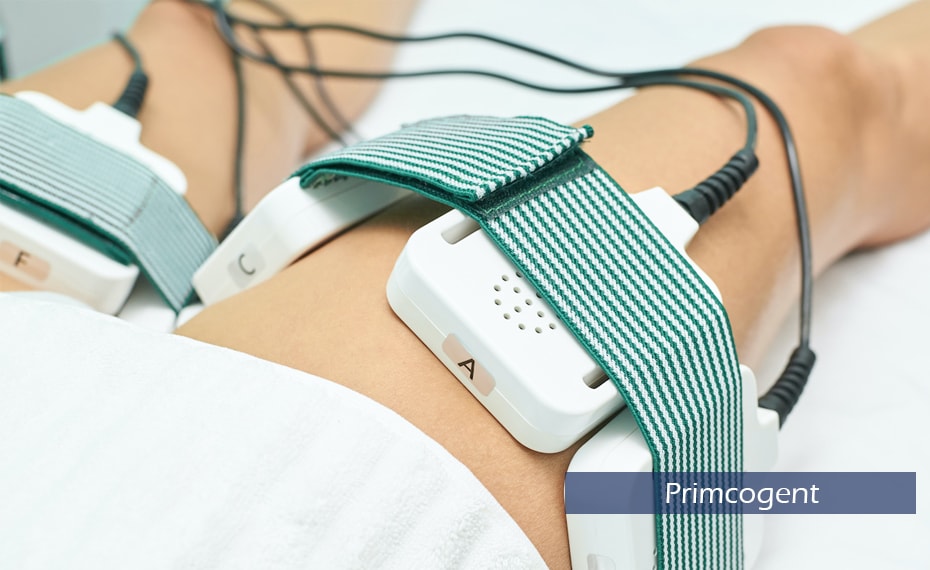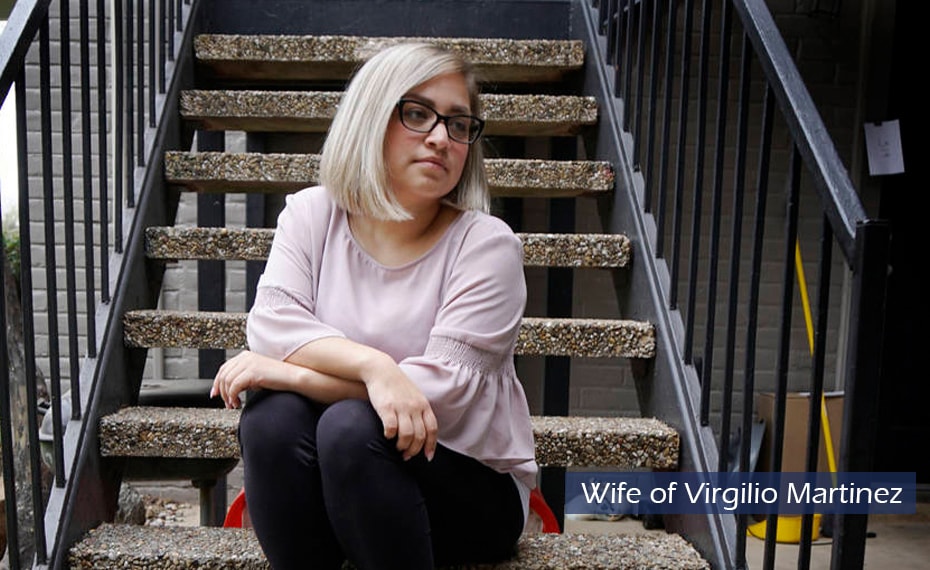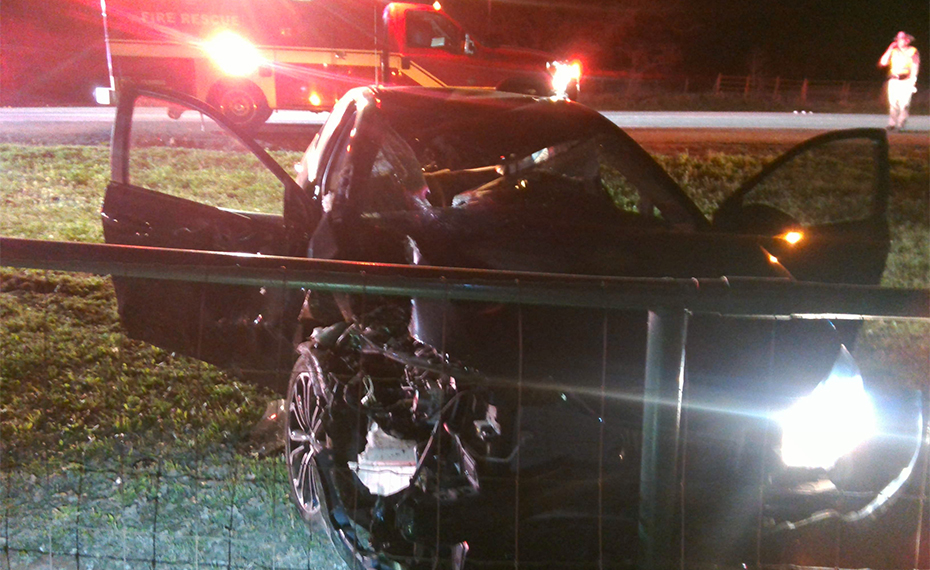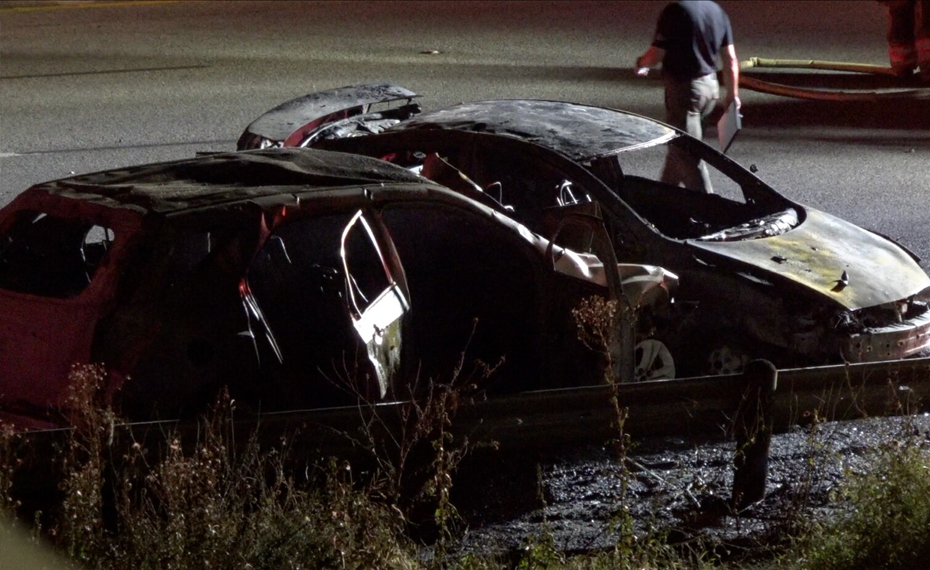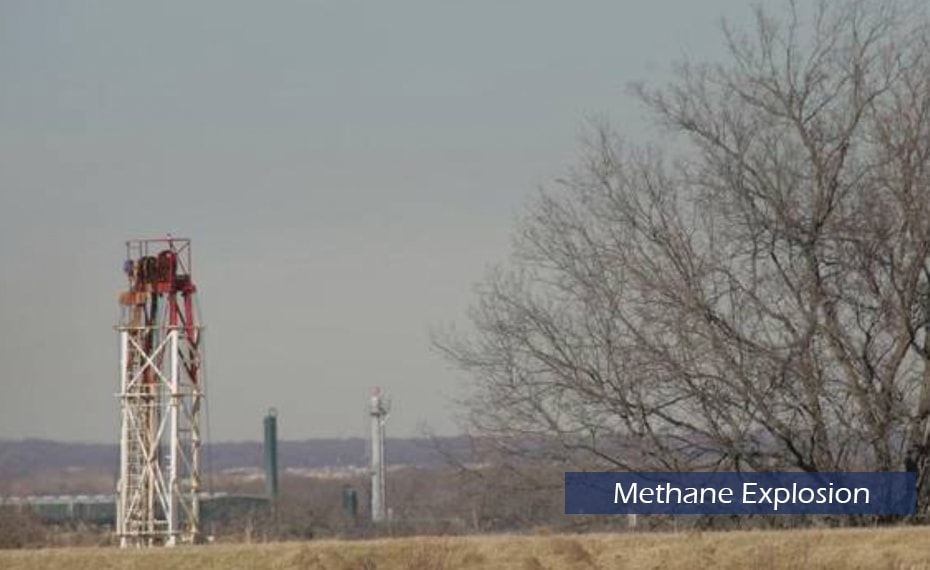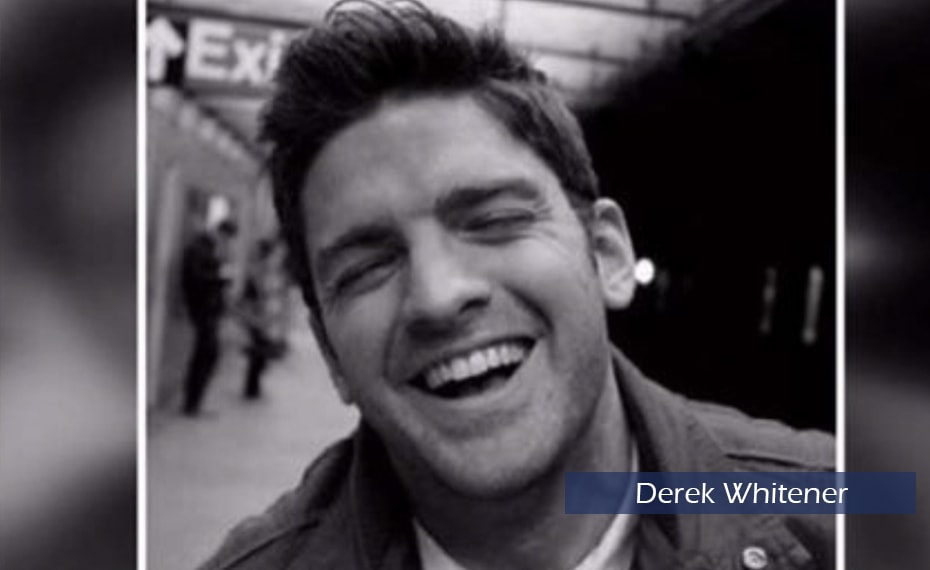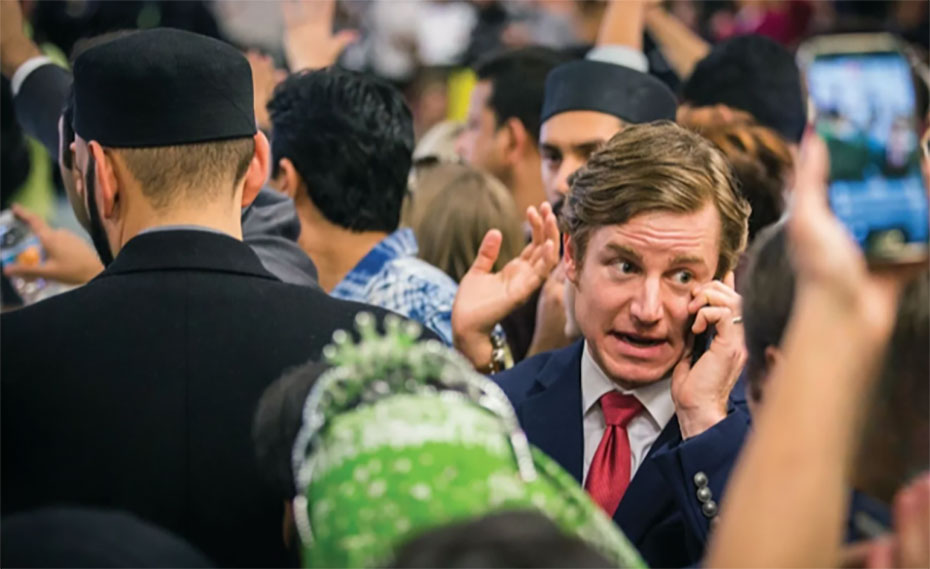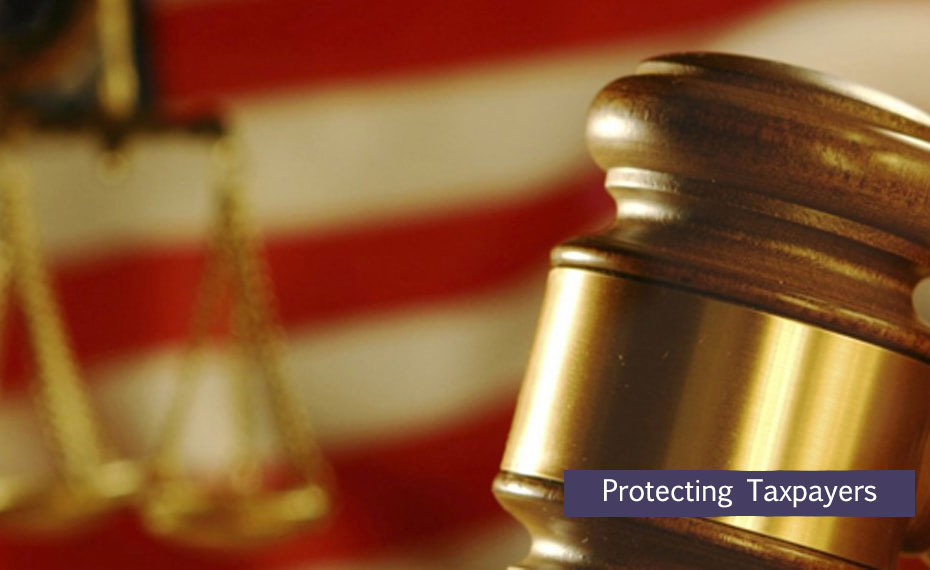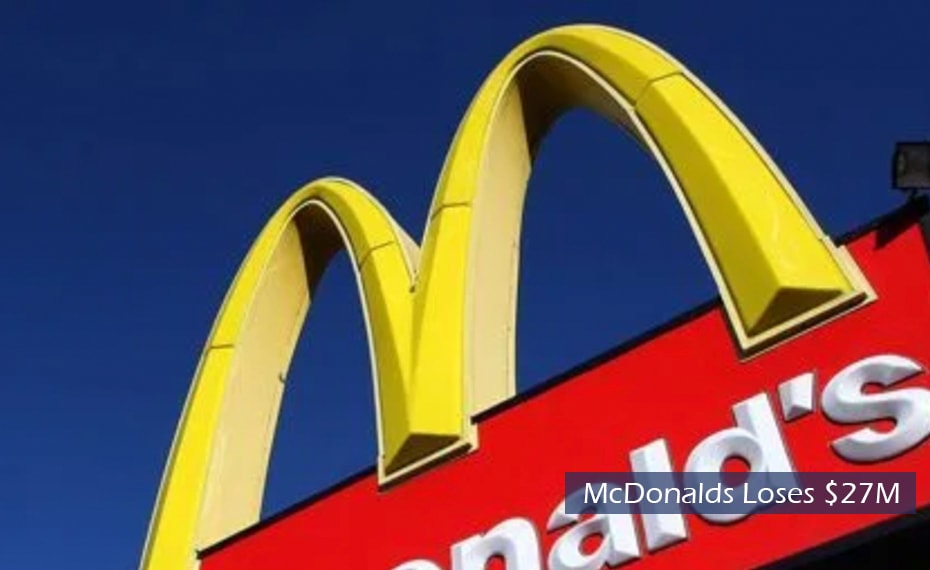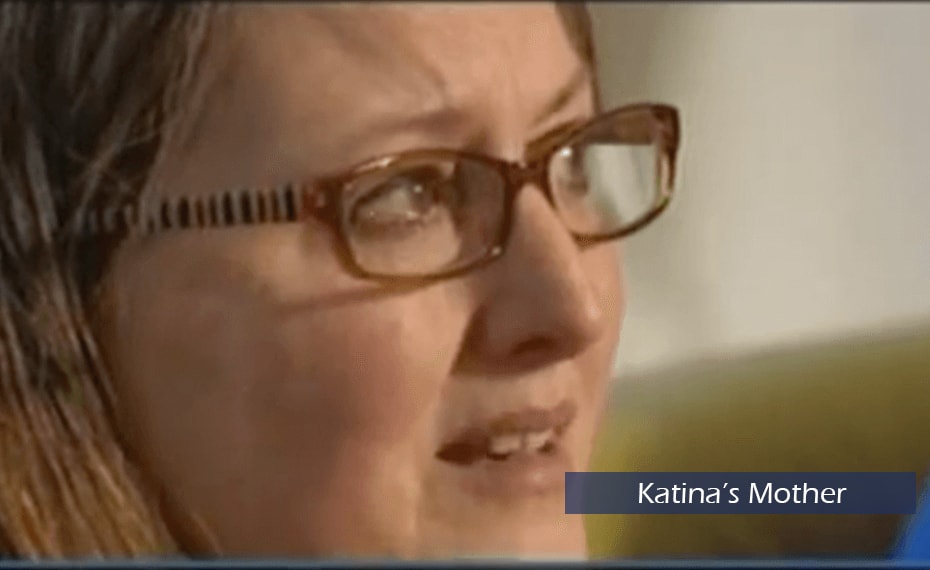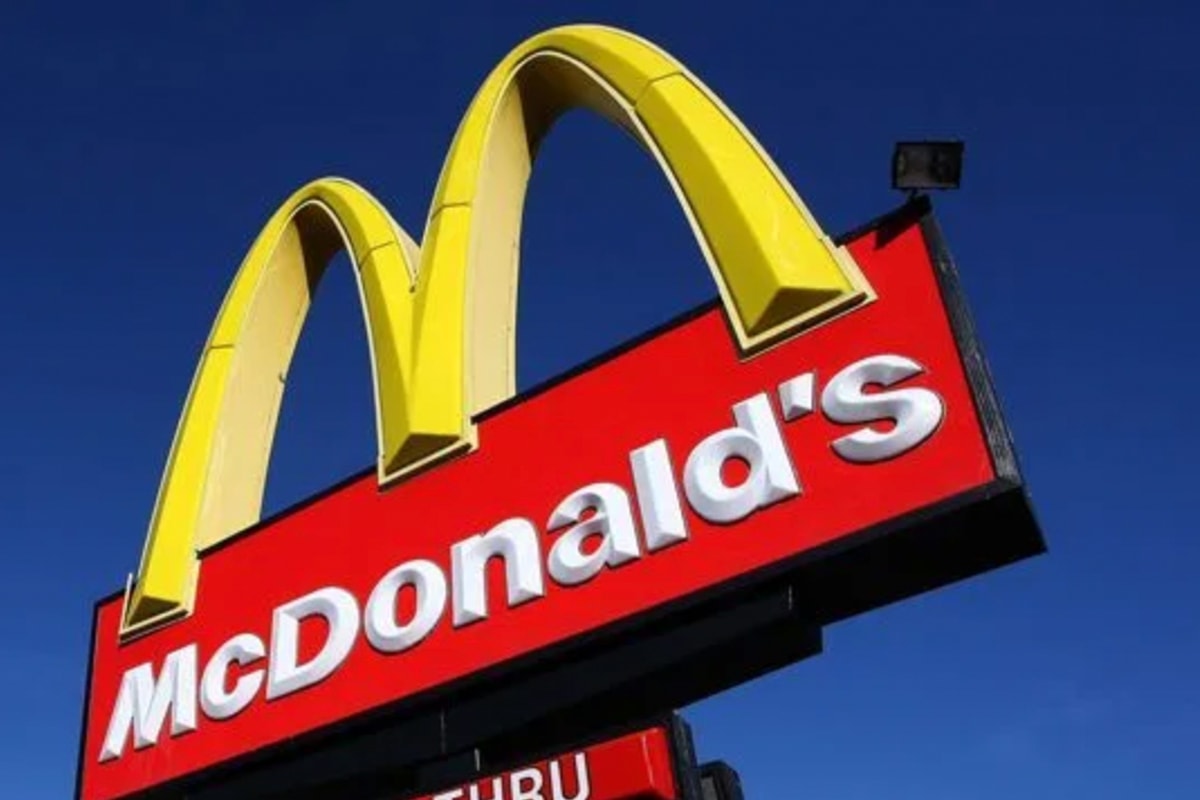
McDonald’s Teen Deaths
Headlines will always sensationalize the amount one person had to pay another, but at the heart of this case were two teenagers killed in the prime of their lives, and a corporation recognized by every person on the planet that refused to accept responsibility.
The case against McDonald’s began as an insurance claim in an auto accident. Chris Hamilton was contacted by a law school classmate representing William and Nicole Crisp, whose 19-year-old daughter, Lauren, was killed in a car accident on February 18, 2012. As Chris listened, he learned that what had happened that night was much bigger than a traffic accident, and involved an incredible act of negligence by a multibillion-dollar corporation.

McDonald’s Teen Deaths
Headlines will always sensationalize the amount one person had to pay another, but at the heart of this case were two teenagers killed in the prime of their lives, and a corporation recognized by every person on the planet that refused to accept responsibility.
The case against McDonald’s began as an insurance claim in an auto accident. Chris Hamilton was contacted by a law school classmate representing William and Nicole Crisp, whose 19-year-old daughter, Lauren, was killed in a car accident on February 18, 2012. As Chris listened, he learned that what had happened that night was much bigger than a traffic accident, and involved an incredible act of negligence by a multibillion-dollar corporation.
What Happened
Before she died, Lauren Crisp was with her boyfriend, 18-year old Denton Ward. They and friends Tanner Giesen and Samantha Bean were walking through the parking lot of a McDonald’s in College Station, Texas, when a mob of about 20 people attacked Denton and Tanner. What caused the attack is unknown. What is known is local police were called at least 40 times in the three years leading up to that night to break up fights at the same McDonald’s.=
Denton was severely injured in the attack, so Nicole and Samantha did the only thing they could. They put them in their vehicle and drove to the hospital. Trying to get to the hospital as fast as she could, Samantha ran a red light and collided with a pickup truck. Both Lauren and Denton were determined to have died in the crash, according to the medical examiner.DIGGING INTO THE EVIDENCE
McDonald’s was aware that police were being called again and again to break up fights on their property. Hiring off-duty police officers for security—which McDonald’s had done before at this location—would have kept this from happening. Still, McDonald’s Corporation chose to cancel security after they repurchased this high-traffic location from a franchisee. In response to the teen deaths, McDonald’s did what most powerful corporations, unfortunately, do in these situations: it denied any wrongdoing and pointed the finger at others. They argued while Denton and Tanner had been attacked on their property, they had been improperly served alcohol at a local bar beforehand. They said this contributed to the fatal injuries he and Lauren suffered in the accident on the way to the hospital.
GETTING JUSTICE FOR THE TEEN VICTIMS FROM A JURY
McDonald’s made this same argument when the case went to trial in 2014. Although one of the men involved in the attack testified otherwise, McDonald’s said that having security wouldn’t have made any difference. Former managers and current executives all claimed they were unaware of any pattern of violence that this location.
The trial lasted for nearly two weeks. The jurors reached a verdict in less than four hours. The Brazos County, Texas jury awarded $27,000,000, all non-economic compensatory damages. The amount McDonald’s was ordered to pay to the families of Lauren Crisp and Denton Ward was the largest premises liability verdict in the history of the state. The case settled for a confidential amount on appeal.At trial, lawyers for McDonald’s said the corporation had changed its policy and now hires off-duty police officers for security to protect the public.
What Happened
Before she died, Lauren Crisp was with her boyfriend, 18-year old Denton Ward. They and friends Tanner Giesen and Samantha Bean were walking through the parking lot of a McDonald’s in College Station, Texas, when a mob of about 20 people attacked Denton and Tanner. What caused the attack is unknown. What is known is local police were called at least 40 times in the three years leading up to that night to break up fights at the same McDonald’s.=
Denton was severely injured in the attack, so Nicole and Samantha did the only thing they could. They put them in their vehicle and drove to the hospital. Trying to get to the hospital as fast as she could, Samantha ran a red light and collided with a pickup truck. Both Lauren and Denton were determined to have died in the crash, according to the medical examiner.DIGGING INTO THE EVIDENCE
McDonald’s was aware that police were being called again and again to break up fights on their property. Hiring off-duty police officers for security—which McDonald’s had done before at this location—would have kept this from happening. Still, McDonald’s Corporation chose to cancel security after they repurchased this high-traffic location from a franchisee. In response to the teen deaths, McDonald’s did what most powerful corporations, unfortunately, do in these situations: it denied any wrongdoing and pointed the finger at others. They argued while Denton and Tanner had been attacked on their property, they had been improperly served alcohol at a local bar beforehand. They said this contributed to the fatal injuries he and Lauren suffered in the accident on the way to the hospital.
GETTING JUSTICE FOR THE TEEN VICTIMS FROM A JURY
McDonald’s made this same argument when the case went to trial in 2014. Although one of the men involved in the attack testified otherwise, McDonald’s said that having security wouldn’t have made any difference. Former managers and current executives all claimed they were unaware of any pattern of violence that this location.
The trial lasted for nearly two weeks. The jurors reached a verdict in less than four hours. The Brazos County, Texas jury awarded $27,000,000, all non-economic compensatory damages. The amount McDonald’s was ordered to pay to the families of Lauren Crisp and Denton Ward was the largest premises liability verdict in the history of the state. The case settled for a confidential amount on appeal.At trial, lawyers for McDonald’s said the corporation had changed its policy and now hires off-duty police officers for security to protect the public.

